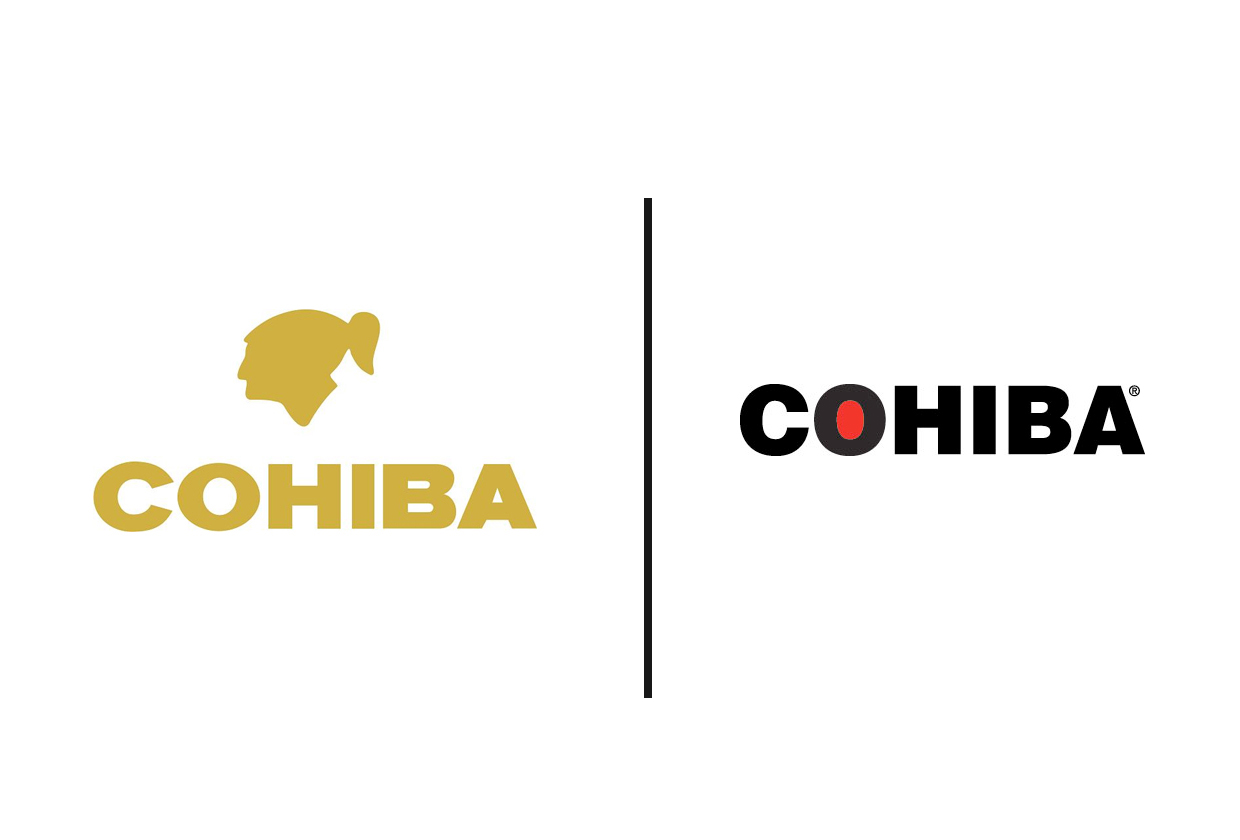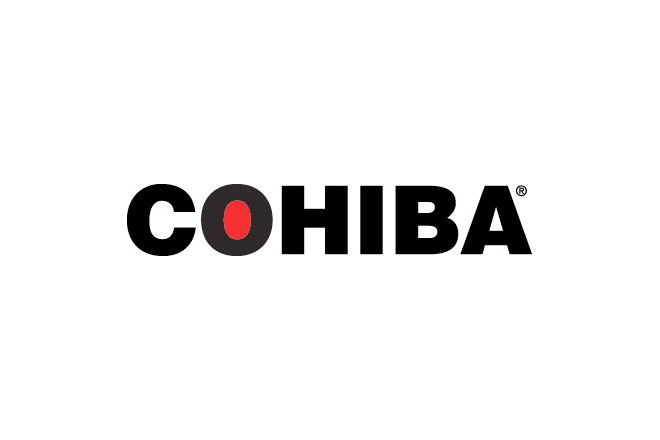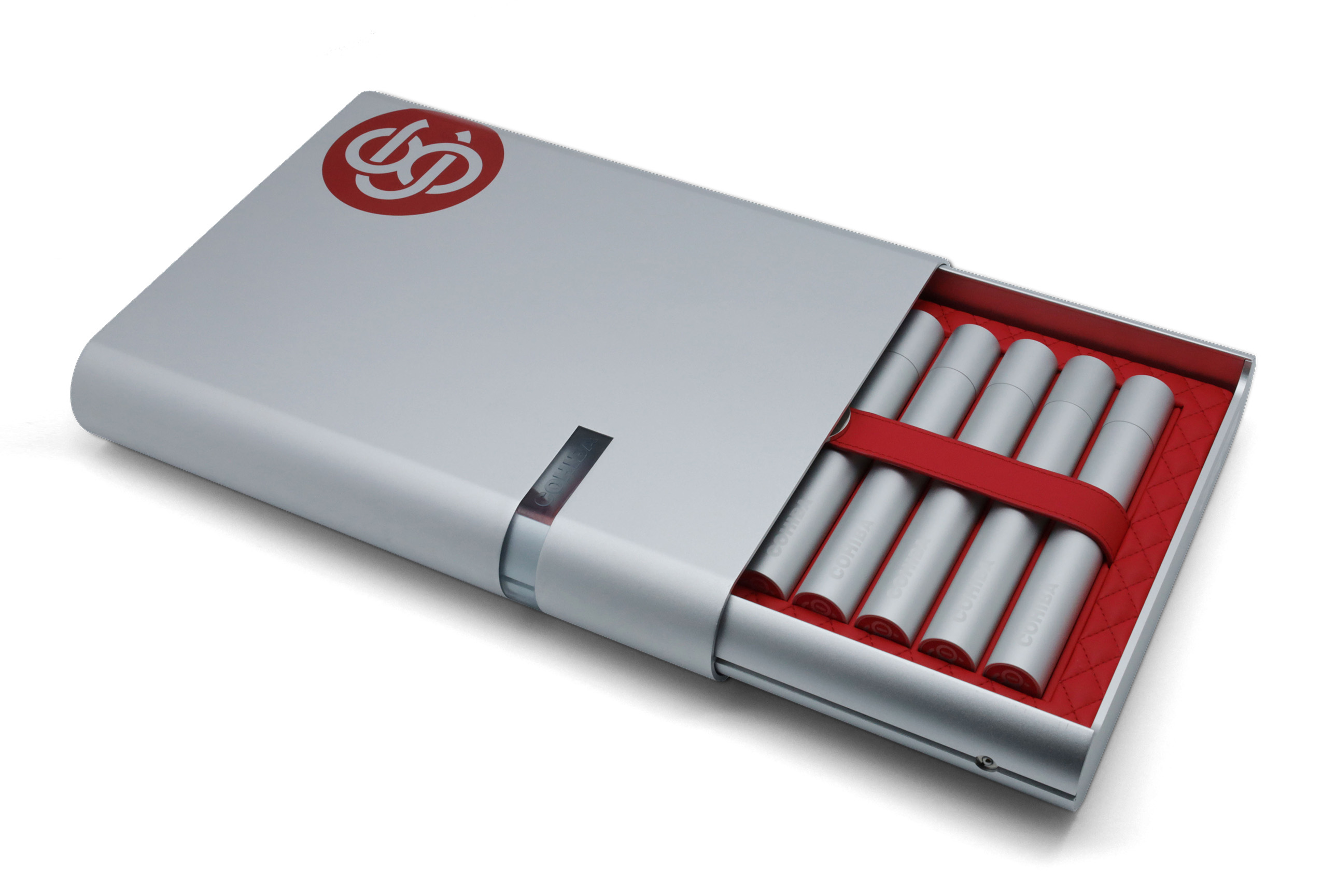Yesterday, General Cigar Co.’s trademark for Cohiba cigars was canceled by the United States Trademark Trial and Appeal Board (TTAB), the latest ruling in a 25-year battle over the trademark in the U.S.
Scandinavian Tobacco Group (STG), General’s parent, and Empresa Cubana del Tabaco (Cubatabaco) have fought over the U.S. rights to the Cohiba trademark since 1997. In yesterday’s ruling, the TTAB sided in favor of the Cuban cigar conglomerate in its claim on the name, saying that General Cigar Co.’s registrations on the Cohiba trademark are to be canceled due to a violation of an international agreement that dates back to 1929.
As most cigar smokers are aware, there are two distinct Cohiba brands, both in how they look as well as who makes them and where they can be sold. In the U.S., the Cohiba brand is made by General Cigar Co. and is known for a Cohiba logo with a red dot that fills the O in the word. In the rest of the world, the Cohibas found on store shelves come from Cuba and are known for a gold and black color scheme as well as the profile image of a Taino Indian.
While the TTAB’s ruling indicated that General’s registrations on the Cohiba marks are to be canceled “in due course,” it does not mean that the General-made Cohibas have to immediately be pulled from store shelves. First, the TTAB did not award the Cohiba mark to Cubatabaco; second, General Cigar Co. has vowed to appeal, saying that it will continue to manufacture and sell Cohiba cigars during that process.
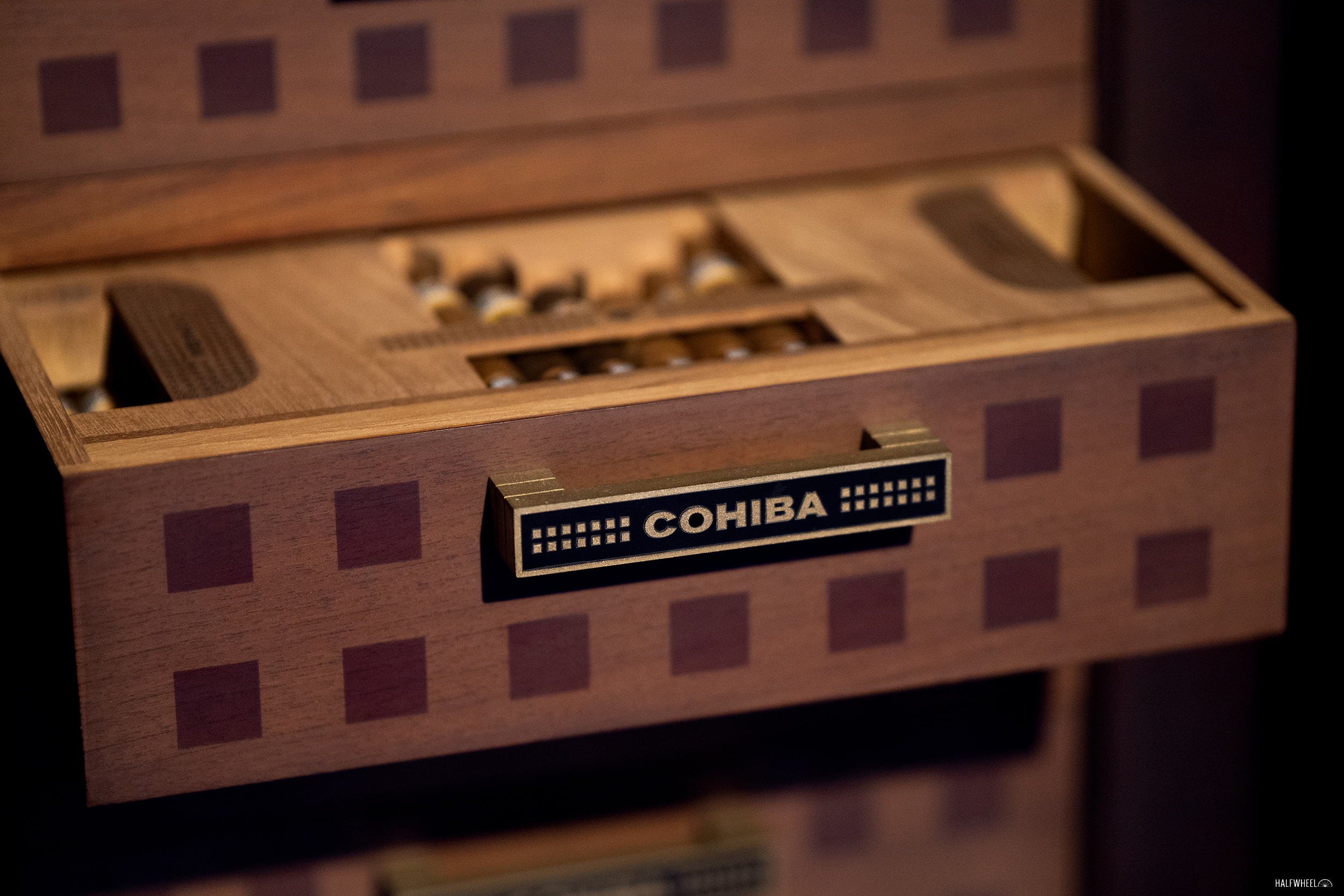
The case over the Cohiba trademark dates back to 1997 when Cubatabaco filed a claim to it and sought to cancel the mark registered to General Cigar Co., which filed for it in 1978 and was granted its first registration in 1981. In the time since, the mark has been contested with both sides scoring legal victories, though General has continued to sell its Cohiba in the U.S. and Cubatabaco has been unable to sell a version of Cohiba in the U.S. due to the embargo.
Cohiba is a particularly unique case due to both its prominence on the global stage and that it was created by the state-run tobacco company after the Cuban Revolution, whereas other brands with Cuban roots that General Cigar Co. owns, such as Partagás, Hoyo de Monterrey and La Gloria Cubana were assumed by the Cuban government in 1959.
Similarly, General’s largest competitor in the cigar industry, Altadis U.S.A., owns several brands with pre-Revolution roots, including Montecristo, Romeo y Julieta, and H. Upmann. Prior to Imperial Brands, plc selling its premium cigar business in April 2020, Altadis U.S.A. was by owned Imperial, which also owned a 50 percent stake in Habanos S.A., a joint venture with the Cuban tobacco monopoly for the sales and marketing of Cuban cigars. Imperial also owned stakes in distributors of Habanos S.A. products around the world, and stakes in companies that make and distribute Cuban machine-made cigars.
After filing for the Cohiba name in 1997, Cubatabaco sued General Cigar Co. in federal court over the mark, and in 2002, a district court ruled partially in favor of Cubatabaco and canceled General’s 1981 mark because of a lapse in registration. In 2004, the court canceled General’s other trademark finding that Cubatabaco had acquired ownership in between the multiple registration dates. That ruling was overturned on appeal, with General arguing that the courts could not give Cubatabaco, a Cuban state-run corporation, the property of the trademark because it would be a violation of the Cuban Embargo.
In 2014, the United States Court of Appeals for the Federal Circuit issued a ruling that seemingly granted Cubatabaco a victory in the matter, when it vacated a ruling made by the TTAB in General’s favor. In 2015, General Cigar Co. asked the U.S. Supreme Court to review that ruling, with the Supreme Court declining that request.
In this most recent challenge, Cubatabaco sought to cancel the two Cohiba registrations owned by STG, one of which covers the Cohiba name in typeset form, the other for the stylized form that is used on the cigar brand’s packaging and other supporting materials.
In the case ruled on this week, Cubatabaco’s challenge was based around Article 8 of the Inter-American Convention for Trade Mark and Commercial Protection, a document known as the Pan American Convention, to which both the United States and Cuba are parties. A petitioner may seek to cancel a registration under that article if the petitioner’s mark enjoyed legal protection in another contracting state prior to the respondent’s application filing date and the respondent either had knowledge of the petitioner’s mark prior to filing its application or the petitioner used the mark in the U.S. prior to the respondent’s filing date.
This stems from records showing that the petitioner, Cubatabaco, had applied for registration of the Cohiba mark in Cuba in 1969, with it being issued in 1972. Between that registration and General’s filing for the mark in 1978, the brand had gained significant prominence, including mentions in Forbes magazine in November 1977 that it was one of the brands that Cubatabaco was developing for possible export. Edgar Cullman, the former owner and president of General Cigar Co., acknowledged that he “must have read” the article as he received Forbes magazines. That meant that Cullman would have had knowledge of the registered brand prior to General’s filing for it the following year.
The TTAB agreed with Cubatabaco’s claim and granted the petition to cancel both of General Cigar Co.’s registrations for the Cohiba mark, saying that STG failed to prove that Cubatabaco’s claim is barred by the doctrine of issue preclusion.
The entire matter is made particularly complicated by the Cuban embargo, as General Cigar Co. has long argued that Cubatabaco did not have standing in the matter due to the embargo and that a ruling by the courts or TTAB would violate U.S. law regarding the laws surrounding the embargo. However, that argument has been met with varied receptions in previous cases brought to the TTAB and the courts, with cases, heard among varying circumstances in the relationship between the two countries. It has also been the subject of appeals and additional litigation.
With Tuesday’s ruling, the TTAB did not find that the embargo precluded Cubatabaco from making a valid claim to the Cohiba mark under an international agreement.
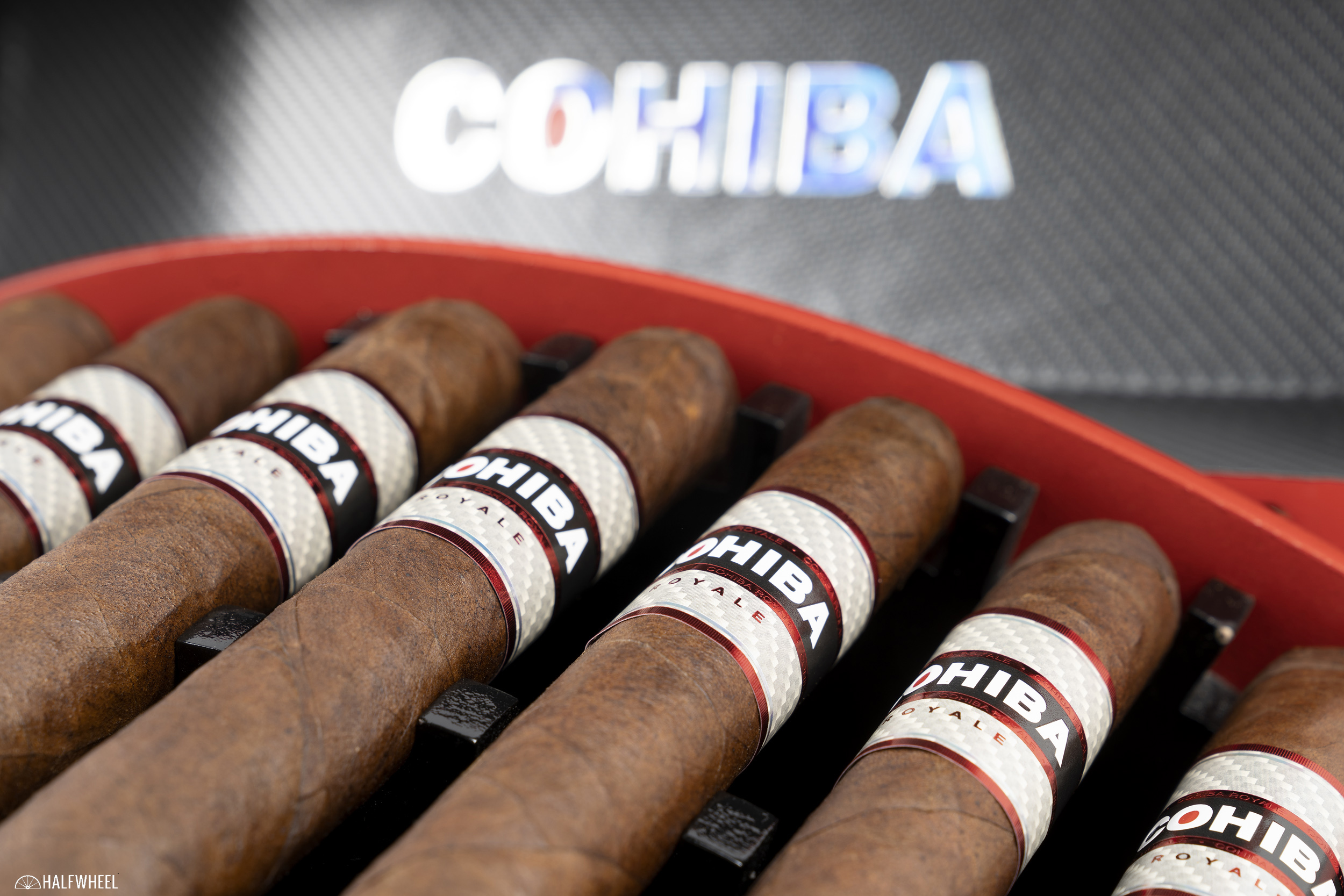
In a press release issued today, General Cigar Co., announced that it will appeal the ruling as part of a vow to rigorously defend what it believes are its rights to the mark.
“Cubatabaco’s challenge to General Cigar’s ownership of the Cohiba trademark in the U.S. has no merit and this decision by the TTAB will have no impact on General Cigar’s plans to manufacture, sell, market, and enforce the Cohiba mark in the U.S.,” said Régis Broersma, president of STG’s North America and Rest of World divisions, via a press release. “General Cigar’s trademark registrations will also remain active while the appeal is pending.”
Owen McKeon, U.S. general counsel for STG, said in a statement that the TTAB’s decision was based solely on a claim that Cubatabaco improperly sought to re-litigate. “Cubatabaco’s claim had been decided over a decade ago in General Cigar’s favor in the Second Circuit Court of Appeals and is contrary to clear U.S. Supreme Court precedent.”
Cubatabaco has not yet issued a statement regarding the TTAB’s ruling.
Charlie Minato contributed to this story.

